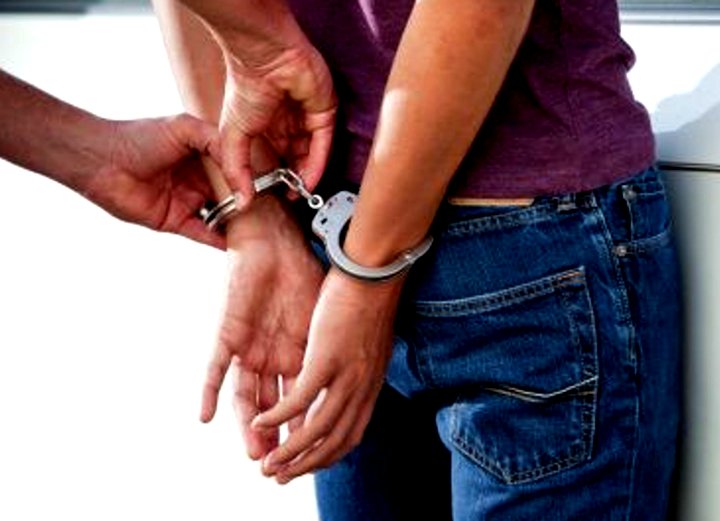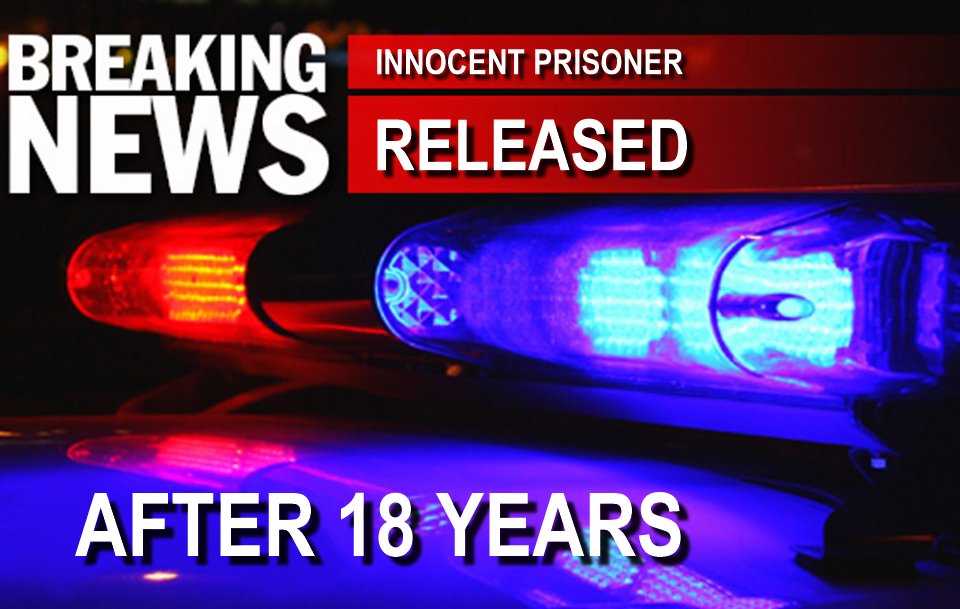Stuff happens. When you do stuff, stuff happens to you. Sometimes directly or indirectly, but pretty much it’s true, what goes around comes around. It’s all a process of watching, evaluating, finding a relation to things that have happened in the past, calculating and projecting variations of how this might look in the future, and basically trying to learn from your wins and/or mistakes.
You try different things, and when you discover a method that gets you what you want, it’s a keeper. It might not be politically correct, maybe a little inappropriate, but it works. In this way, you are the result of what works for you.
When people try to get you to do something that you don’t want to do, there is an initial natural resistance because, of course, you don’t want to do whatever it is. Something happens when you do stuff that is resistant, this “something” is called consequences (you might have heard of them).
This energy is the substance of the stuff which happens to us. Sometimes consequences are imposed upon us by those bigger, tougher, and meaner than us or in authority over us (parents, teachers, bosses, law enforcement, and the government).
In other times, natural consequences are just a “natural” energetic response to the decisions we make and the action we take. The hope is that we might learn from our experience with consequences, natural consequences, at least.
Imposed consequences appear to not be as effective method of training as we might like to think, as the spare-the-rod-and-spoil-the-child model of punishment doesn’t seem to be working very well in our modern society, or else our prisons would not be overflowing with those who insist in noncompliance regardless of any imposed consequences.
Punishment eases your mind if you’re witnessing someone being punished for doing something you don’t like. It makes you feel vindicated and is like a reward to your ego for taking the high road. It’s like, you’re not awarded any recognition for doing the right thing, but it feels good to see others punished for doing the wrong thing. This is punishment’s reward for you, seeing others suffer.
But does it work? No.
Whenever you tell someone, “Don’t,” (fill in the blank), it doesn’t work very well. If you tell a young child, “Don’t touch the burner. It’s hot and it will hurt you!” The child will obsess over the burner for the rest of his or her life, unless he or she tests it out to see if there truly is any natural consequence. If the natural consequence is severe enough, learning happens naturally. If burned from touching the burner, the child will probably never touch a burner again.
Punishment, or discipline, is not a natural consequence, they are unnatural consequences imposed by you or someone else, and the imposition of them does not foster learning. Instead, resentment is the more likely result, which causes the offender to see any imposer of unnatural consequences as a threat who must be defended against, or even punished for bullying the offender who sees him- or herself now as the victim.
Even if you or some arm of the system have obtained compliance via threat of unnatural consequence, the people who have complied will harbor resentment which may be suppressed. On the surface, this may look like a huge success for the imposer, but the truth is, there is little or no respect or love, only resentment and fear.
Repressed resentment will eventually explode into some manifestation of rebellion unless so much fear is imposed that the offender sees his or her self-submission to a life of slavery as an acceptable means of survival.
There are people who either naturally or unnaturally found their own sense of inner balance. They do not need to be told what is right or wrong or lorded over to force them to behave a certain way. They just have a knowingness within and an innate desire to do the right thing.
We would like to see more of them.
Unfortunately, our society has become so obsessed with crime and punishment that even these otherwise self-governing good people are caught up in the punishment-for-compliance system and find themselves being punished, not for doing something bad, but for being in the wrong place at the right time, or inadvertently crossing a law that was put in place to catch criminals, when no crime was committed.
We have so many laws on the books now, who could possibly keep track of them all?
Once you have broken the spirit of one of the good ones, they, too, become one of the other ones, as they give up and surrender to the system of the herd.
I think there should be only one law: Do whatever makes you happy, unless it interferes with someone else’s right to their happiness. That’s all.
Otherwise, let reaction, anxiety, fear, and panic run the show and see where that gets you.


